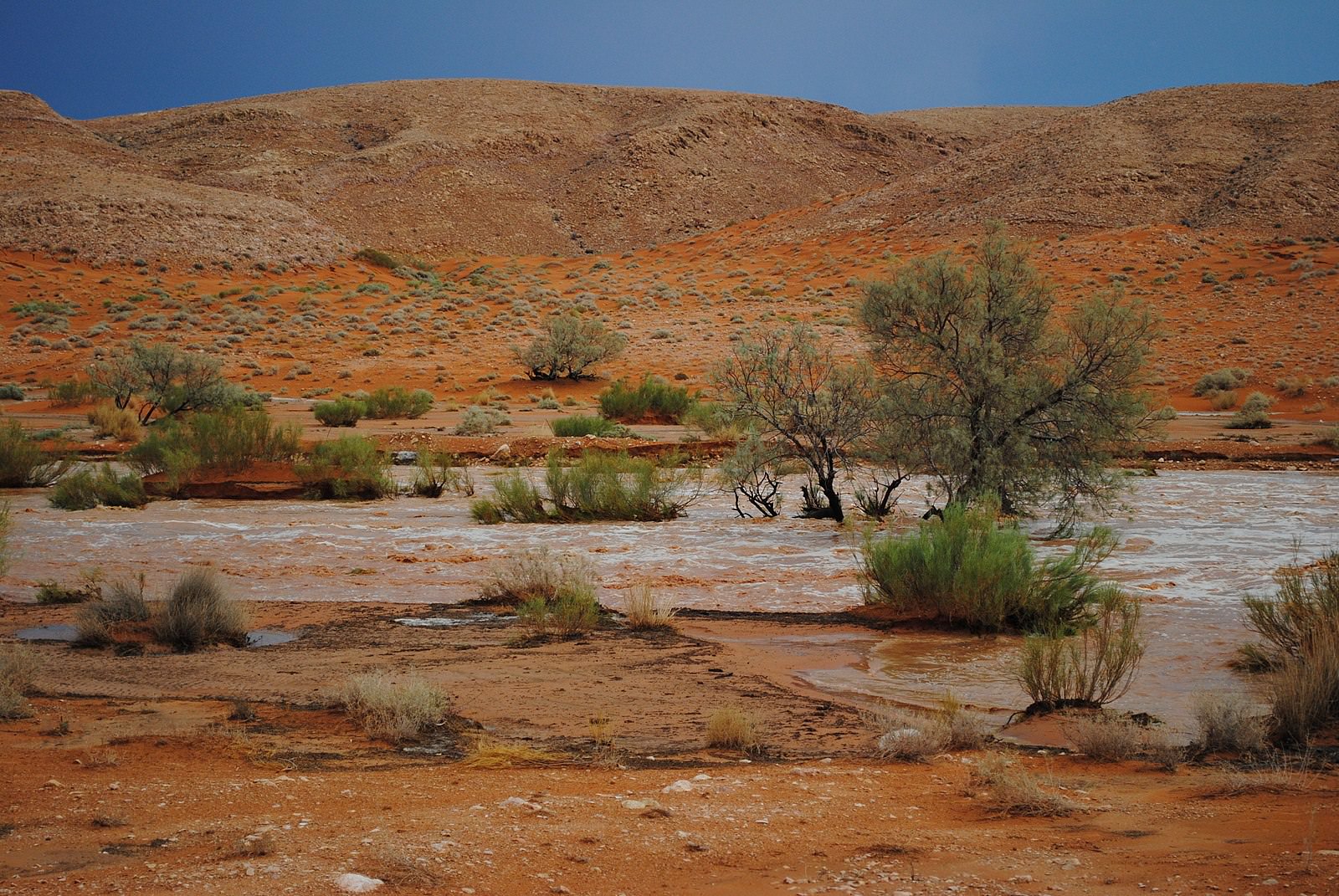World
Silence from DC and EU as floods devastate Libya’s helpless poor
By CM Chaney · September 18, 2023
In brief…
- Torrential rains caused catastrophic flooding in the Libyan coastal city of Derna earlier this week. Thousands are presumed dead.
- Flooding was triggered by the collapse of two poorly maintained dams that could not withstand the heavy rains.
- The UN criticized the lack of disaster preparedness in Derna, saying lives could have been saved with proper infrastructure maintenance and early warning systems.

The coastal city of Derna in Libya is reeling after catastrophic flooding last week left thousands dead or missing. The death toll could climb as high as 20,000 as rescuers continue to search through mud and debris, according to officials.
The flooding was triggered by the collapse of two poorly maintained dams that collapsed under the torrential rains.
“It’s not easy for a man to go through this,” a Derna resident who lost his home in the floods told CBS News. “No one helps you. Not even the government.”
The devastation has been compounded by Libya’s ongoing civil war and a fractured post-Gaddaf government.
“We buried 25 people without knowing who they are or taking any samples, and the families of those people will never know what happened to their children, their sons or their daughters or their wives,” said Awad Alshalwy, a local rescue worker, in a video posted to his TikTok.
The UN has criticized the lack of an effective early-warning system and capable evacuation infrastructure. A UN spokesperson blamed the high death toll on the lack of disaster preparedness in Derna, including the lack of alarm systems to warn residents, evacuation plans to get people to safety, and maintenance of critical infrastructure such as the failed dams.
With proper planning and infrastructure maintenance, many lives could have been saved, according to the spokesperson.
While floodwaters are now receding, Derna must plan for massive reconstruction efforts as it carries out the grim task of burying the dead. The sheer number of bodies poses a multitude of health risks, including waterborne diseases.
Those who survived now struggle to rebuild their lives in the disaster’s aftermath as they hope for help from a seemingly distant Europe and Washington.